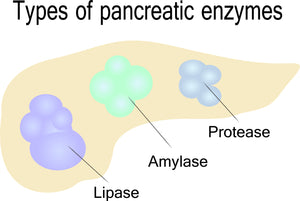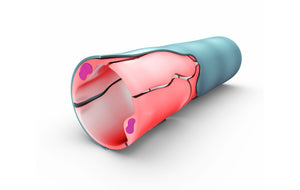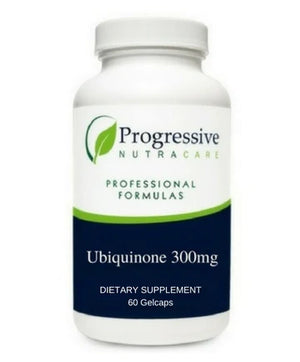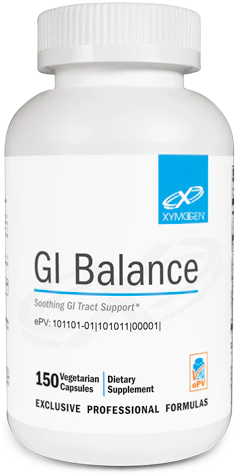Why Oxidative Stress is Something You Shouldn't Ignore

The paradox: We spend a lot of money and time on increasing our antioxidant intake through foods and supplements. Yet most of us never know if this effort is making any impact on our health.
Should we be checking our oxidative stress levels as often as we check our cholesterol?
Antioxidants
Not a day goes by that we don’t hear about oxidative stress in the news and interwebs, and how it is shortening our lifespan or causing diseases like heart disease, diabetes and cancer.
You also know that antioxidants protect us from oxidative stress. And you most probably spend some of your dollars on antioxidants through healthy food choices and supplements.
Why Should We Care About Oxidative Stress?
Oxidative stress is behind many illnesses and diseases in the body and brain. A few of the most major ones are:
Cancer
Cancer is like a seed. Not every seed sprouts. Not every seed produces a plant. Not every seed produces fruit. BUT provided the right environment, the seed can thrive…cancer can thrive. Oxidative stress is the fertile soil for cancer to grow. Oxidative stress is your best biomarker as a risk factor for cancer.
Heart disease
Oxidative stress is the main contributor to why cholesterol becomes “truly bad” plaque.
Neurologic
- Depression. An environment high in oxidative stress makes it very difficult for the body to produce serotonin in the brain. As it is one of the main happy chemicals, high levels of free-radicals/high levels of oxidative stress are a major contributor of serotonin deficiency.
- Autism. One of the reasons we see autism in our patients is that their detoxification system isn’t cleaning out the byproducts fast enough. That is, there are too many free radicals floating around and not enough “cleaners” to move them out of the body and brain.
Testing for Oxidative Stress
The simplest biomarker to test for oxidative stress is a first morning urine test to see if someone has too much oxidative stress overall.
Oxidative stress can affect different areas of the body, and different parts of the cell. Another way to say this: there are different parts of the oxidative stress system. Fortunately, there are 30 biomarkers are currently available for testing oxidative stress. Certian markers are more associated with certain conditions. For example, Cytosol of the cell is associated with ALS. Damage to the Mitochondria is associated with Fatigue & Cancer.
Solution: Understand, Test Regularly, and Treat Preventatively
For treatment of oxidative stress, we first treat the root cause of the pathology for an individual. If it is a nutritional deficiency, leaky gut, an underlying infection, heavy metal toxicity, Lyme disease, or another diagnosis, that should be a primary course of treatment.
In general, for oxidative stress, some key treatments might be:
- Antioxidants, especially Glutathione. The major intracellular antioxidant in our bodies, produced within our own bodies. Risveratrol, associated with longevity, increases our own production of glutathione, that is it turns on our own antioxidant production center. Every cell needs glutathione. High levels of glutathione help the body/brain detoxify, lower our risk for cancer, lessen damage to DNA, and diminish risk of respiratory conditions.
- CoQ10
- Sulforaphane (from Broccoli)
- Curcumin + black pepper
- ALA (alpha-lipoic acid)
Implementing these preventive measures can be crucial to lowering oxidative stress. Its often overlooked when getting to the root cause of many diseases. By educating yourself, you can find the right path towards a less (oxidative) stressed life!
- Madison Blackmon







Comments 0